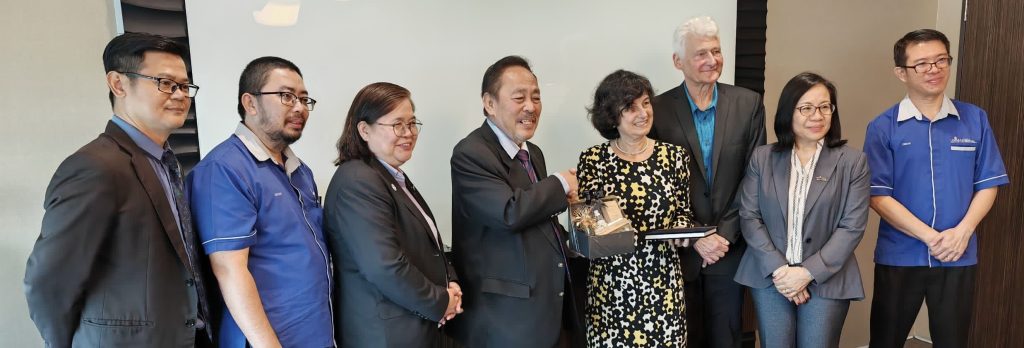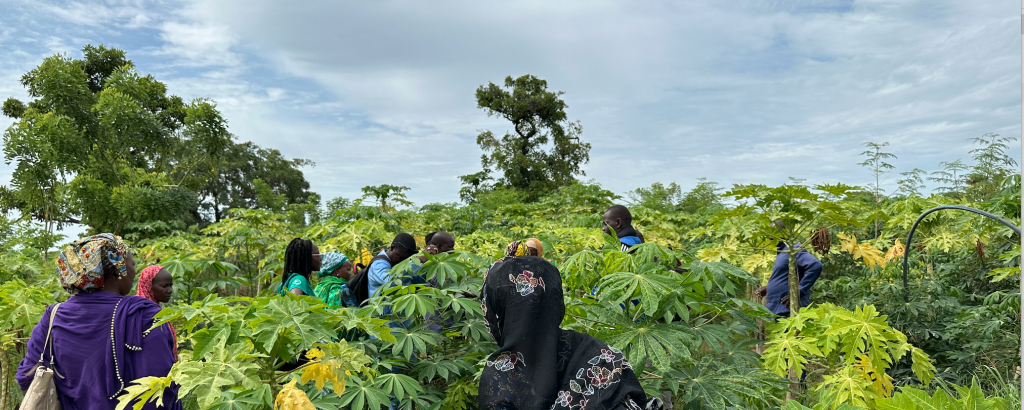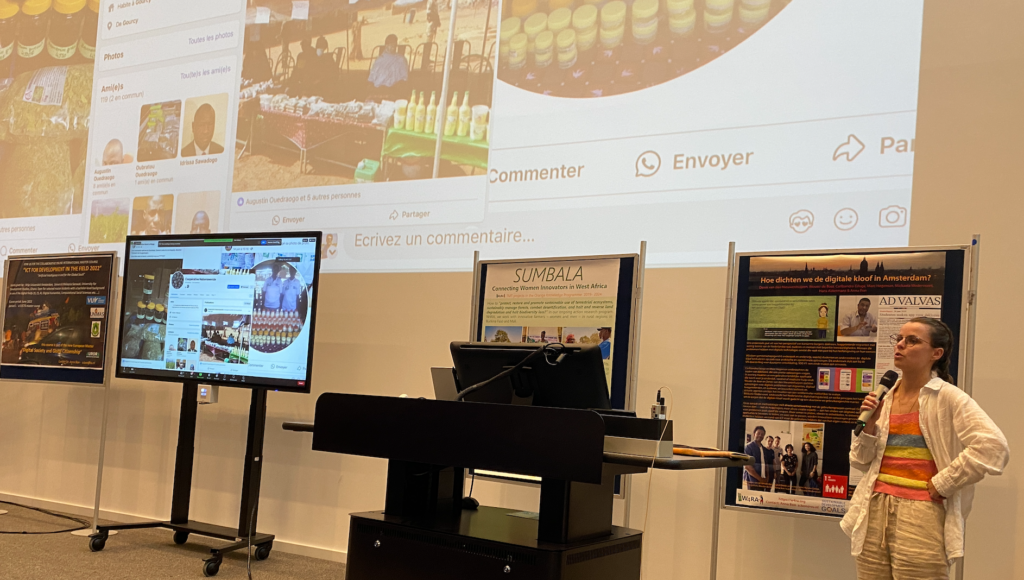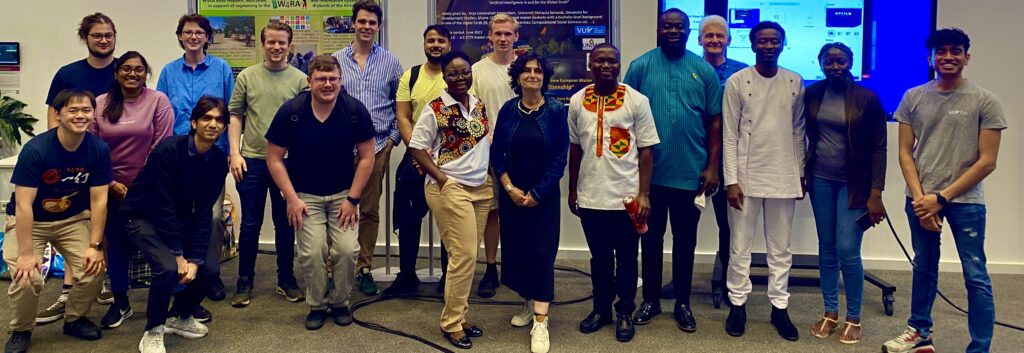Digital transition discussed with Minister of Education in Sarawak

Kuching, 17 September 2024 – EURIDICE (partners UNIMAS, AKMC and VU) were invited by the Minister of Education, Innovation and Talent Development of Sarawak to discuss innovative education on Digital Society, in the light of the ongoing Digital Transformation. The EURIDICE project was presented to the Minister and his top-level staff and the European policies regarding digital technologies were discussed. Sarawak, Malaysia, as one of the rapidly growing economies in ... Read more
Computational models to detect stereotyping of ethnic minorities in News
Various studies have revealed that conventional news sources often create stereotypical or discriminatory impressions of ethnic minorities. In Norway, surveys conducted on Muslims and non-Muslims reveal that the Norwegian population sees news media as a significant source for this negative impression. However, to recent date, data-scientific research on how mainstream Norwegian news media writes about these minority groups was still absent. Laréb Fatima Ahmad investigated, using Natural Language Processing methods, ... Read more
by
Is software engineering gender inclusive?

Bias towards otherness is a reality in platforms or applications, and can be discriminatory and often detrimental towards minority groups, for example in gender. Is this bias introduced already by design, as part of the software engineering methodologies? And can this bias be explored, mitigated and inclusiveness increased? This is the problem tackled in the master research project by Marcel Stelte, focusing on bias in software design, towards members from ... Read more
by
Are chatbots ready to replace humans in the workplace?
This recent master research project has tackled the question by observing and interviewing users in a large organization. Information Sciences student Sachira Tintar has tried to improve the responsivity of a chatbot, which is currently being implemented as a replacement for the usual helpdesk in the onboarding process of new staff. The first question is, evidently, if the chatbot – which is not equipped with a large language model such ... Read more
by
Can AI give African farmers better rain forecasts?

Artificial Intelligence is being used in many areas and fields of application. In ICT for Development we are piloting AI projects to find out how to make AI useful for people in low resource environments. The thesis of Tom Siebring is one of these endeavors. In the West African Sahel, rains are erratic, while farmers mostly rely on rainfed agriculture. Weather forecasts are often unreliable, due to the lack of ... Read more
by
Predicting conflicts with data: explainable probabilistic forecasting – a master research project
Can we predict war using data and intelligent models? And how certain would we be in our predictions? A recent master research project by Oleksandr Zakotianskyi tries to answer these important questions… “A new wave of violent conflicts around the world raises concerns about the security of the whole world. According to the Armed Conflict Location and Event Data (ACLED) Conflict Index, 12% more conflicts occurred in 2023 compared to ... Read more
by
Hedy Programming Language Training: igniting passion for coding
Digital Skills are at the heart of the Digital Europe Programme and the EURIDICE project. This is not different for Sarawak, Malaysia. Also there, many young people are interested to learn programming, but this is a challenge for them due to a lack of platform and support. For them, learning to code is challenging and only those studying computer science are able to do it. Yet, which programming language to ... Read more
“Make the bot speak your language”

This master research project in ICT4D, contributes, by placing human-centered design at the forefront, to the broader discourse on technology’s role in rural development.
by
Connected World Outreach event: Symposium “Perspectives on ICT4D”

A mini-symposium was devoted to ICT for Development in the Field. ICT4D is an interdisciplinary research topic, to explore design/deployment of digital technologies for communities in resource-contrained environments. It is based on a research program at VU that runs since 2009. Students following this course design socio-technological solutions based on use cases provided to them by users in rural regions of Africa and Asia.
3rd ACM Digital Humanism Summer School

Digital Humanism is an interdisciplinary field that examines the complex interplay between technology and humankind with the aim of creating a better society and improving our lives. It recognizes that an interdisciplinary approach is necessary, breaking down disciplinary silos and integrating humanities, social, technical, and engineering sciences.